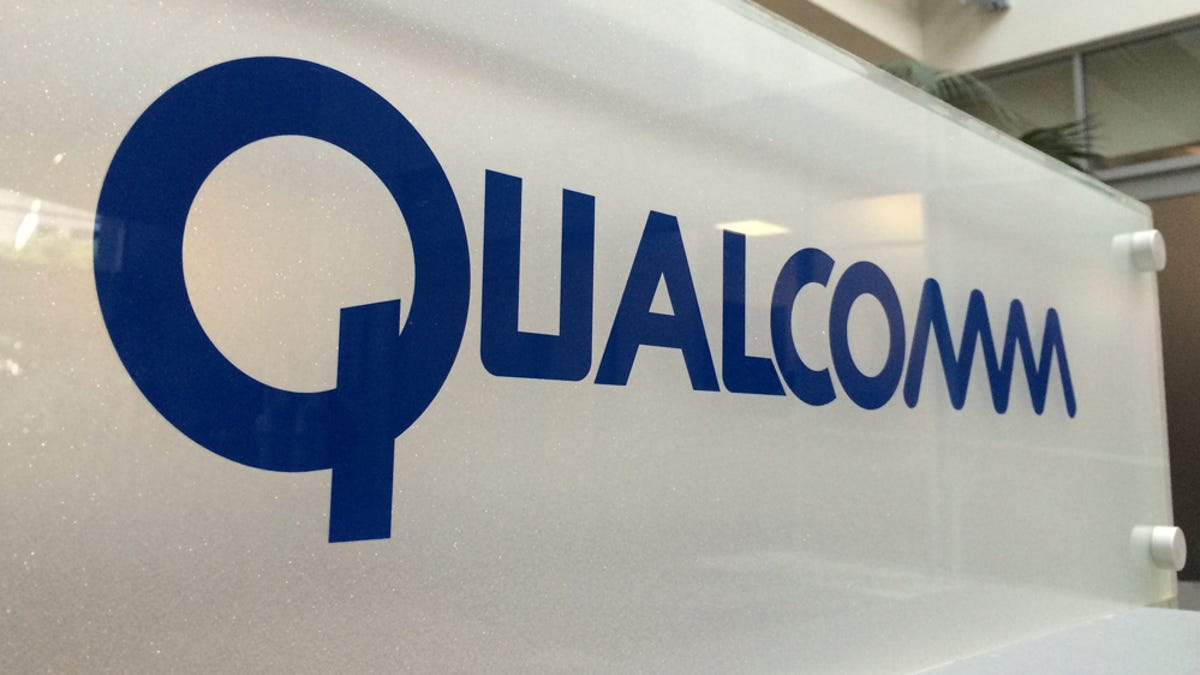EU fines Qualcomm $1.23 billion over Apple deal
Qualcomm faces a massive fine imposed by antitrust regulators, who say the company violated competition laws.

Qualcomm could be facing a huge fine from antitrust regulators in Europe.
Antitrust regulators for the EU have hit Qualcomm with a billion-dollar fine Wednesday for paying Apple to use only its chips.
The European Commission regulators have accused the chip giant of violating antitrust laws by making payments to ensure exclusivity.
But big as it is, the fine could have been bigger still. Regulators set the fine at 997.4 million euros (US$1.23 billion). Qualcomm could have faced a fine as high as 10 percent of its annual revenue, which was $22 billion in 2017.
Qualcomm said Wednesday that it "strongly disagrees" with the EU decision and will appeal it immediately.
"We are confident this agreement did not violate EU competition rules or adversely affect market competition or European consumers," said Don Rosenberg, executive vice president and general counsel of Qualcomm, in a statement.
Qualcomm, the world's biggest provider of mobile chips, has created some of the essential standards for connecting phones to cellular networks. It derives a significant portion of its revenue from licensing that technology to other chipmakers, but has come under scrutiny in recent years for alleged monopolistic practices.
Apple and Qualcomm have been fighting over patents since January 2017, when Apple filed suit against Qualcomm for roughly $1 billion, saying the wireless chipmaker didn't give fair licensing terms for its technology. It wants to pay a lower amount for using Qualcomm technology in its devices.
Qualcomm responded by suing Apple for patent infringement and seeking a ban on iPhone sales. The company maintains that no modern handset -- including the iPhone -- would have been possible without its cellular technologies.
The US Federal Trade Commission soon followed suit, accusing Qualcomm of forcing Apple to use its chips exclusively in exchange for lower licensing fees, excluding competitors and harming competition.
Qualcomm has also come under scrutiny in China, where it paid nearly $1 billion three years ago to end a 14-month antitrust investigation in that country. The South Korean Fair Trade Commission hit the chipset maker in 2016 with an $850 million fine for maintaining an "unfair business model" and creating a monopoly with its practices.
On Tuesday, when the Financial Times first reported on the expectation of the fine being imposed, a spokesperson for the EU declined to comment, while representatives for Qualcomm and Apple didn't respond to CNET's request for comment.
Originally published Jan. 23 at 6:00 p.m. PT.
Updated Jan. 24 at 6:14 a.m. PT: Added details of the EU fine and Qualcomm's response.
Solving for XX: The industry seeks to overcome outdated ideas about "women in tech."
Special Reports: All of CNET's most in-depth features in one easy spot.

